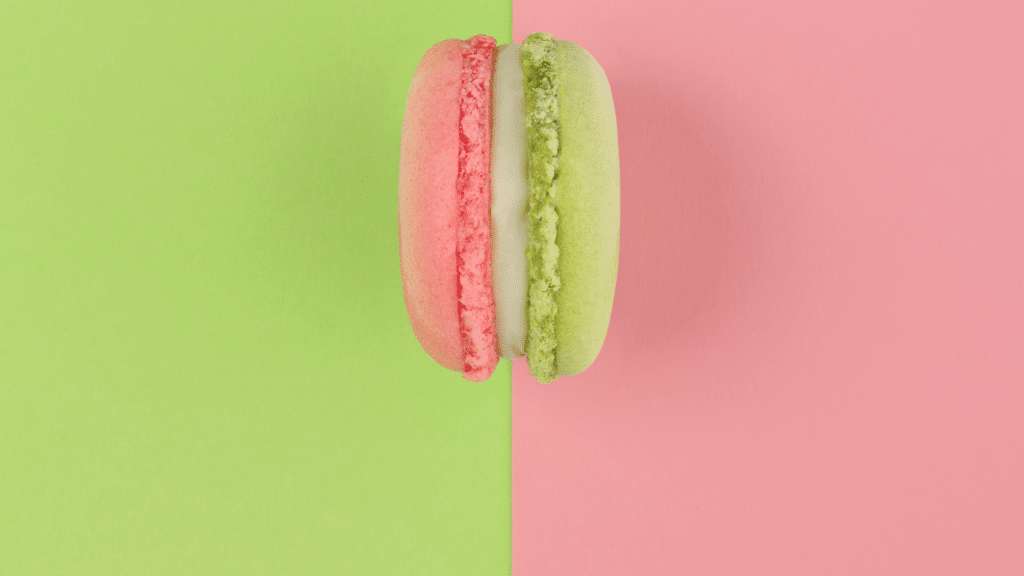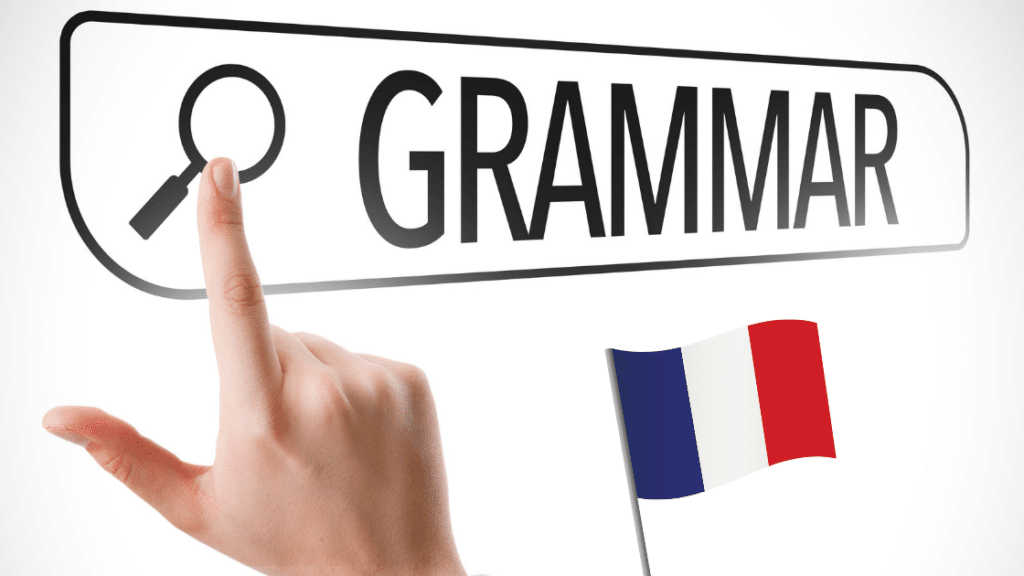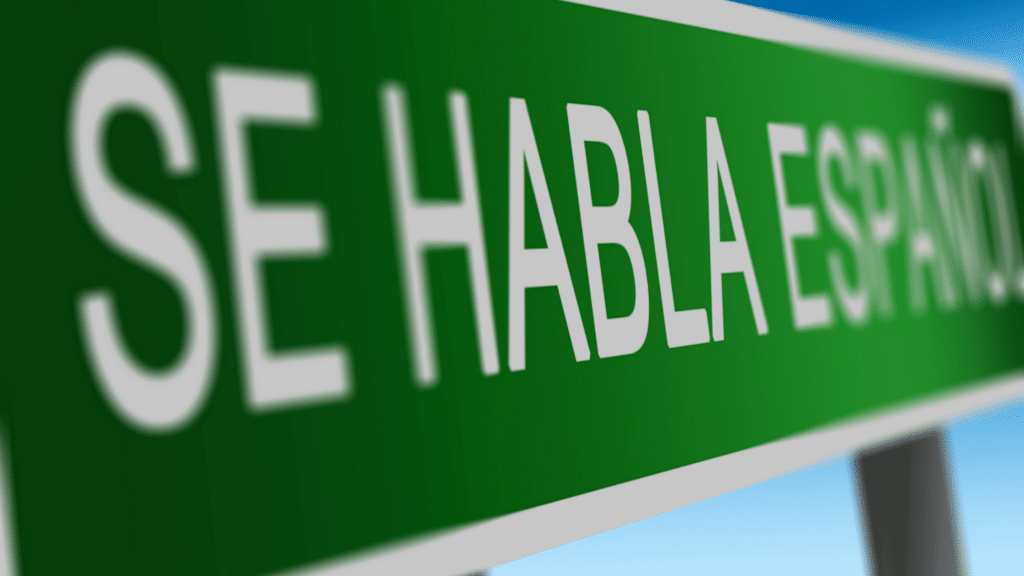
5 Grammar Mistakes to Avoid that Even Native English Speakers Make
Whether you are a learner, a master, or a native speaker, there are some grammar mistakes that always tend to slip in, even for those who know the language well. The problem in many languages is that a lot of words and contractions sound exactly the same, and the only way of knowing which ones mean what is practice, practice and practice. And of course, knowing the difference! Here is a list of 5 grammar mistakes to avoid that even native speakers make.

Grammar Mistake #1: There, They’re or Their?
There = an adverb for “in, at, or to that place or position”
They’re = a contraction for “They are”.
Their = a possessive adjective/determiner.
Correct: There is a spider in my bedroom!
I see a gas station over there.
I see a gas station over they’re.
Correct: They’re going to travel this summer. (They are going to…)
They’re very happy with the new house. (They are very…)
Wrong: Their going to travel this summer.
There very happy with the new house.
Correct: Their dog is very cute.
I have their phone number.
Wrong: There dog is very cute.
I have they’re phone number.

Grammar Mistake #2: Your or You’re
your = a possessive adjective/determiner
you’re = a contraction for “you are”
You’re late to work again! (You are…)
Wrong: Your welcome.
Your late to work again!
Correct: What is your name?
Will you bring your dog to the park?
Wrong: What is you’re name?
Will you bring you’re dog to the park?

could of, should of, would of = does not exist and is incorrect.

Grammar Mistake #4: It’s or Its?
it’s = a contracted form of “it is”
its = a possessive adjective/determiner and pronoun
Correct: It’s his birthday today. (It is his…)
The sun is shining and it’s hot. (…it is hot.)
Wrong: Its his birthday today.
The sun is shining and its hot.
Correct: The fish is too big for its aquarium. (of the fish)
This app and its new features are great! (of the app)
Wrong: The fish is too small for it’s (it is) aquarium.
This app and it’s (it is) new features are great.

Grammar Mistake #5: Two, too, or to?
two = the number 2
to = a preposition and infinitive marker
too = an adverb meaning either “to a higher degree than is
Correct: I have two cats.
She has two sisters and one brother.
She has to sisters and one brother.
Correct: I like this song, too.
I ate too much, now I feel sick.
Wrong: I like this song, two.
I ate to much, now I feel sick.
Correct: Let’s go to the movies.
He doesn’t know what to do.
Wrong: Let’s go two the movies.
He doesn’t know what too do.





Responses